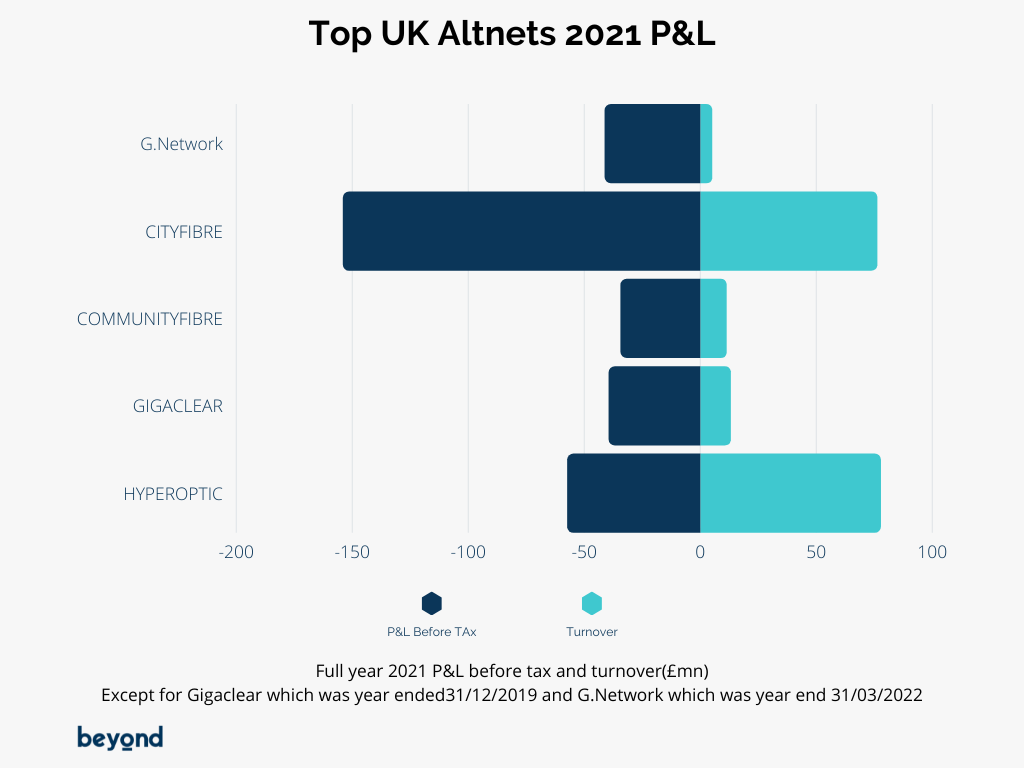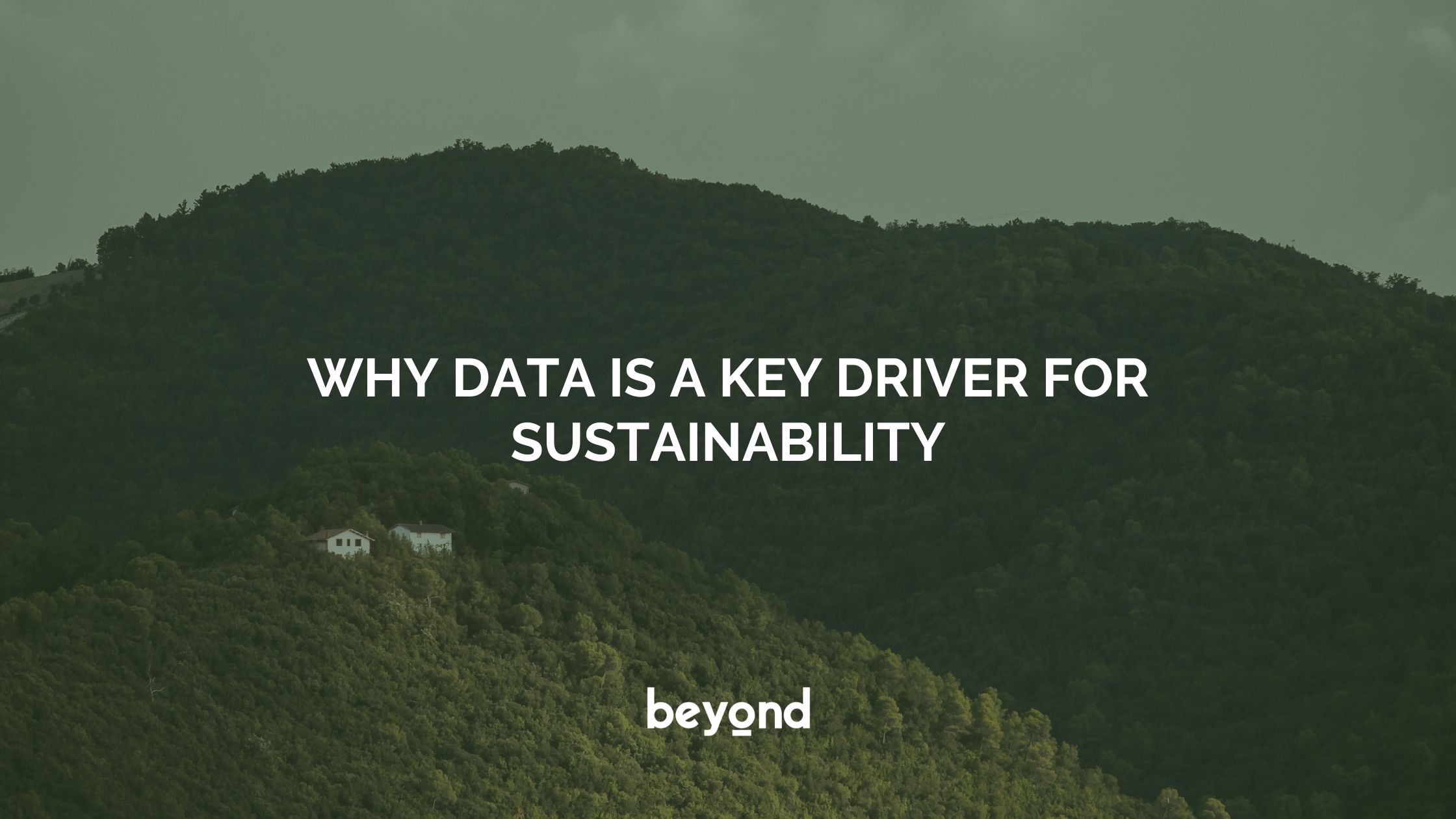The call for food sustainability is on the rise. This movement doesn’t just focus on the food available in supermarkets but the entire production and distribution process (farm to table).
Consumers are leading the charge, resulting in far-reaching effects on the food production cycle and related industries. What impact does the sustainability movement have on food production and distribution, and where will this lead in 2023?

Social pressure
Social movements, such as the ethical eating movement, demand sustainable and ethical farming practices. These practices affect the entire food production and distribution cycle, including soil quality, fertilisation, pest control practices, packaging and distribution, and waste food management.
Consumers aren’t calling only for sustainable production. They’re advocating for sustainable packaging and distribution, leading to the rise of biodegradable packaging sourced from recycled material. They’re also calling for more effective waste management. Waste food is traditionally donated to food shelters or used in manufacturing animal feed, fertiliser, or other alternative products. Entrepreneurs have also seized the opportunity to convert waste food into valuable products. However, this is a poor use of our natural resources. A more practical solution would be to forego wasting food in the first place through effective production and distribution practices and accurate market forecasting.
The sustainable farming movement has shown great innovation, with results-based research improving crop yield and management enormously. These practices are mainly practised on a small scale by local producers. Harnessing these practices for large-scale farming will revolutionise food production, enhancing sustainability and long-term food security. It is hoped that technological advances and increased social pressure will lead to the widespread adoption of these sustainable farming practices.
Social conscience movements are continuously advocating for the humane treatment of animals, affecting the production of meat and other animal-based products. This has led to consumer behaviour slowly shifting towards plant-based products, eschewing meat and animal-based products. It has also sparked the rise in ethical livestock production practices, directly impacting input costs.
Workforce democratisation also places more influence in employees’ hands – far more than many realise. Traditional business practices demand that companies pay more attention to their customers and shareholders, but a large-scale movement in the employee ranks will force companies to follow their lead. If a large contingent of employees stands firm in favour of sustainable practices, companies will have little choice but to adopt them or at least move towards them consistently.
Global economic trends
Social conscience movements, sustainability, and ethical eating movements are rising. This has led to more consumers paying a premium for ethically and sustainably sourced food products. However, negative global economic trends have hampered individual spending power. Sometimes, this leaves consumers without the means to pay the premium for ethically sourced products.
Instead, consumer demand for cost-effective options is on the rise. This leaves producers with a conundrum between the need for long-term sustainable solutions and the immediacy of cost reduction, often in favour of traditional macro-farming practices. Macro-farming maximises yield and profit while minimising costs, but ultimately at the cost of soil quality and environmental sustainability.
The way forward
Sustainability demands more efficient farming practices and production in line with consumer needs. While technological innovations are fast driving this forward, true sustainability is still only limited to small-scale efforts. Breakthrough will likely occur when these efforts are scaled up, maximising the gains in these small-scale R&D efforts.
As decarbonisation and other sustainable efforts grow, the skills gap is also growing, with traditional food production and distribution virtually alien to these practices. This situation creates immense opportunities for new skill development and innovation.
While no one knows what the future brings, it is clear that global trends towards food sustainability are on the rise. At Beyond, we carefully follow and analyse these trends, helping our clients harness them to their benefit and growth. Contact us today for more information on how Beyond can help your organisation grow sustainably.
Beyond insights
Find relevant research, thought pieces and client stories
The Impact of Food Sustainability in 2023
The call for food sustainability is on the rise. This movement doesn’t just focus on the food available in supermarkets but the entire production and …
Are Altnets in the UK Sustainable?
Various alternative internet service providers, or altnets, operate in the UK market. These compete with Openreach and Virgin Media O2, which currently dominate this market. …
Why Data is A Key Driver for Sustainability
A sustainable future has been a hot topic for the last decade. Governments, investors, businesses, and consumers are concerned about the world’s available resources – …


